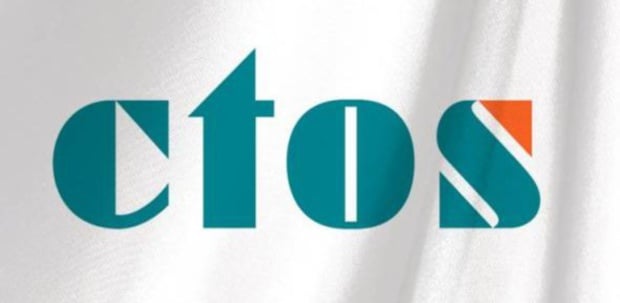SHARING photos of ourselves and our lives seems innocuous these days. Nearly everyone we know does it. What they do, where they go, what they eat and just about anything you can think of. You can see this on various social media platforms.
This is the part where it can get dangerous. Just because it seems like "everyone" is doing it, you also feel compelled to do it. While some things like posting your selfies and what you eat seem harmless, you can get so relaxed and careless that you end up thinking that it's also okay to post other things that could be sensitive or revealing about yourself.
There's a list of things that experts in cybercrimes have warned us about. One is about making certain details public, for example sharing photos of your identity card, driver's licence, or credit card on social media. These documents contain personal information that can be used against you by identity thieves.
Excited about your upcoming trip? Please don't share photos of your passport or details of your boarding pass, especially those with barcodes. Those codes contain personal details that hackers love and will use, given half the chance.
Your personal photos, especially those of your children, which include their names and schools, should be kept private. Ensure that your phone camera doesn't give away information of your whereabouts. Turn off that mode on your phone, but that might mean that you can't track your phone if it gets lost.
BIG NO-NO'S
Did you just have a baby? Are you excited to share the news on social media? Be careful about posting the baby's birth certificate on social media. There's so much information there for the picking. Sure, it's a novel and creative way to announce the arrival of your bundle of joy, but one of your first duties as parents is to protect that wee bundle.
That goes for a baby's sonogram photo too. It's something for the parents to share it on social media, but it's quite another when a relative or friend of the mother shares that photo on social media without permission.
This breaches a person's rights to privacy. Besides, doing it is also tantamount to stealing the mother-to-be's thunder. Let her have the pleasure of making the announcement if she so chooses.
It's the same as posting photos and videos of other people's children, no matter how cute they are, without the parents' permission. It's one of the biggest no-nos, which many people are guilty of. Remember to protect these children's privacy even when no one tells you to.
We've come to a stage of sharing and forwarding photos, videos and fake news at random, without pausing to ask ourselves whether it's right or not, and whether or not it's true. It has become a free for all and fair game for everyone. But is it really? You wouldn't like it if you were at the receiving end.
CONCEPT OF "SHARENTING"
This also brings us to a concept called "sharenting", coined by Steven Leckart in the early 2010s. Sharenting is the practice of parents publicising sensitive content about their children on Internet platforms.
There are many new parents who share every moment of their child's day, starting from the time they were born. You get to see the child grow up right before your eyes and learn things about him or her, from their happy moments to when they're sad, having a tantrum or even sleeping.
While those photos are cute and precious, remember that at the time of posting those photos, the children are still small and have nothing to say for themselves. But they do grow up and not all of them would be happy about it when they're older.
It's been said that whatever you post on the Internet will stay in cyberspace forever. While the photos capture their childhood memories, which are a precious part of their lives, they should surely have a choice of whether or not they want to share it with others and how they'd want to do that. Or maybe not to share it at all if they so choose.
By documenting and posting their childhood days, you're essentially depriving that child of that freedom before they even know it. There are children who have adverse reactions when they see a phone camera aimed at them. These have been recorded and shared too. But does anyone take this seriously, or is it another "oh so cute!" moment that gets posted anyway?
As people who provide care for loved ones, no matter their age, remember to protect them on their behalf, especially if they can't do it for themselves. They have a right to privacy — the most precious right that we all have.
[The views expressed in this article are the writer's own.]
Putri Juneita Johari volunteers for the Special Community Society of Ampang. She can be reached at [email protected].





